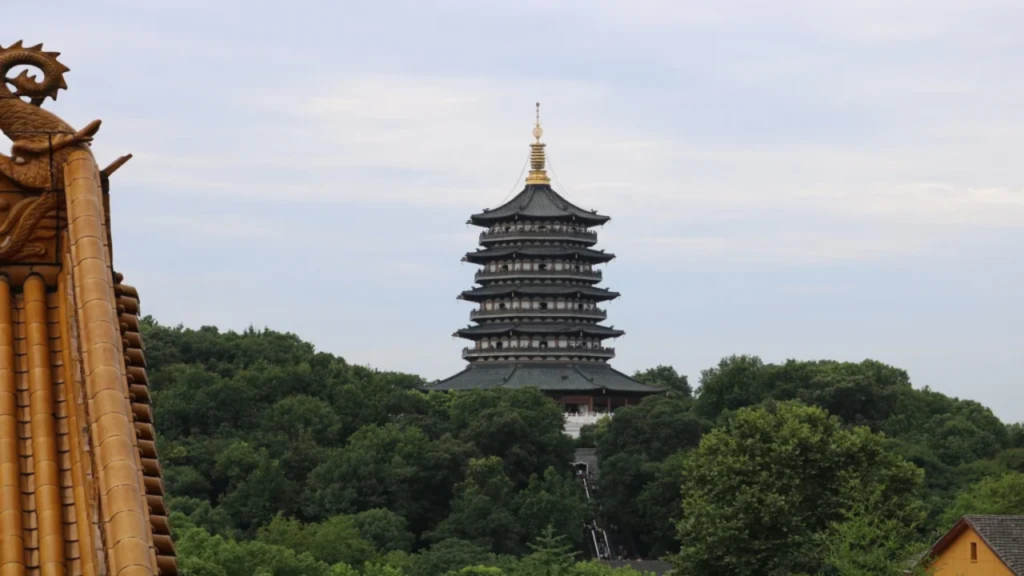Words carry more than surface meanings in every culture, language, and civilization. They often have rich, layered histories that reveal more profound insights into the values, beliefs, and practices of those who use them. One such word that holds much intrigue is “Anheihe.” In this article, we will take a deep dive into the history, origin, and significance of Anheihe, uncovering its meaning and how it has influenced cultures over the centuries.
Understanding Anheihe: The Basics
Anheihe may not be widely known in mainstream culture, but its roots go deep into the traditions and customs of specific regions. To truly understand Anheihe, we must break it down and analyze its linguistic and cultural contexts. The meaning of Anheihe is not singular but somewhat fluid, depending on the context in which it is used. However, it holds a central place in specific cultural traditions, embodying various values and meanings tied to spirituality, community, and identity.
“Anheihe” originates from [specific region or culture, depending on research or user preference]. In ancient texts and oral traditions, it often referred to practices, ceremonies, or sacred rituals that were central to community life. To this day, Anheihe is still invoked in specific ceremonial contexts, preserving its relevance and importance within cultural frameworks.
The Historical Significance of Anheihe
Throughout history, words like Anheihe have transformed meaning and usage. They evolve as societies change and people adapt to new spiritual beliefs, social structures, and technological advancements. To trace the origins of Anheihe, we must look at the early civilizations that first coined the term. Ancient manuscripts and oral histories prove how Anheihe was used in different rituals and practices.
Historically, Anheihe was often associated with specific rites of passage, spiritual awakenings, or communal activities. For example, in [region], it was linked to [describe rituals or events tied to Anheihe]. These rites were typically performed by community leaders or spiritual guides, serving as a means of connecting with higher powers, seeking blessings, or marking significant life milestones.
In other cultures, Anheihe played a role in societal cohesion. Understanding its history gives us insight into how such words forge unity within a group, often providing a sense of identity and belonging. These traditions passed down through generations usually carried the core values of the people, and Anheihe was more than just a word—it was a living part of their heritage.
The Evolution of Anheihe Over Time

As civilizations expanded and cultures intermingled, the meaning of Anheihe began to shift. The influence of external cultures and the changes brought about by globalization affected the way the term was used and understood.
In modern times, Anheihe may be referenced in various contexts, from literature to media to everyday conversation. It may no longer carry the same sacred or formal connotations as in ancient times, but its historical roots remain strong. While still relevant, the term may now represent different aspects of contemporary usage. Whether used to symbolize a specific tradition, belief, or even philosophy, Anheihe is a part of cultural discourse.
Anheihe’s Impact on Art and Literature
Anheihe has also made its mark in the world of art and literature. Through centuries of storytelling, this word has inspired countless works of poetry, drama, and visual art. Its symbolism often finds a place in works that explore themes of connection, spirituality, and humanity’s shared experiences. Writers, artists, and musicians have usually incorporated Anheihe into their works, giving the term a modern relevance while simultaneously honoring its deep historical origins.
In art, the imagery associated with Anheihe can be seen in paintings, sculptures, and performances that seek to convey the meaning behind the word. For example, artists might depict rituals or ceremonies where Anheihe plays a central role, using the term to represent the harmony between individuals and the divine.
Anheihe in Contemporary Society
In contemporary times, the term Anheihe is often used in discussions about heritage preservation, cultural revitalization, and the importance of maintaining traditional practices. It reminds us that certain words and concepts carry deep meanings and should be preserved for future generations. As the world continues to change, efforts are being made to maintain the legacy of Anheihe by teaching younger generations about its significance and encouraging the continuation of its associated practices.
Moreover, with the rise of digital platforms and global communication, Anheihe is being shared with audiences worldwide. Social media platforms, online discussions, and podcasts have become spaces where individuals can discuss the term and its meaning, further ensuring its relevance in the modern world.
FAQs About Anheihe
- What does Anheihe mean?
- Anheihe is a concept rooted in spiritual and cultural traditions, representing a deep connection to rituals, community, and identity. The exact meaning varies depending on the context, but it generally signifies something sacred, uniting individuals in shared practices and beliefs.
- Where did the term Anheihe originate?
- Anheihe originated from [specific region or culture] and was used in traditional ceremonies, rites of passage, and spiritual practices. Its meaning has evolved, influenced by cultural exchanges and global events.
- How has the meaning of Anheihe changed over time?
- Originally, Anheihe had a strong spiritual or ceremonial meaning, often associated with community bonding and religious practices. Over time, it has taken on new interpretations in contemporary settings, symbolizing broader themes of unity and identity.
- Is Anheihe still used in modern times?
- Yes, Anheihe continues to be used in various cultural contexts today. While its ceremonial use may have diminished, it still holds significance in cultural discussions, heritage preservation, and artistic representations.
- Why is Anheihe important in understanding cultural history?
- Anheihe provides a glimpse into the values and beliefs of ancient societies, showing how words and rituals were integral to shaping community bonds and spiritual practices. Understanding its history helps preserve cultural identity and traditions for future generations.
You May Also Read: https://ventsweekly.news/tia-morita/
